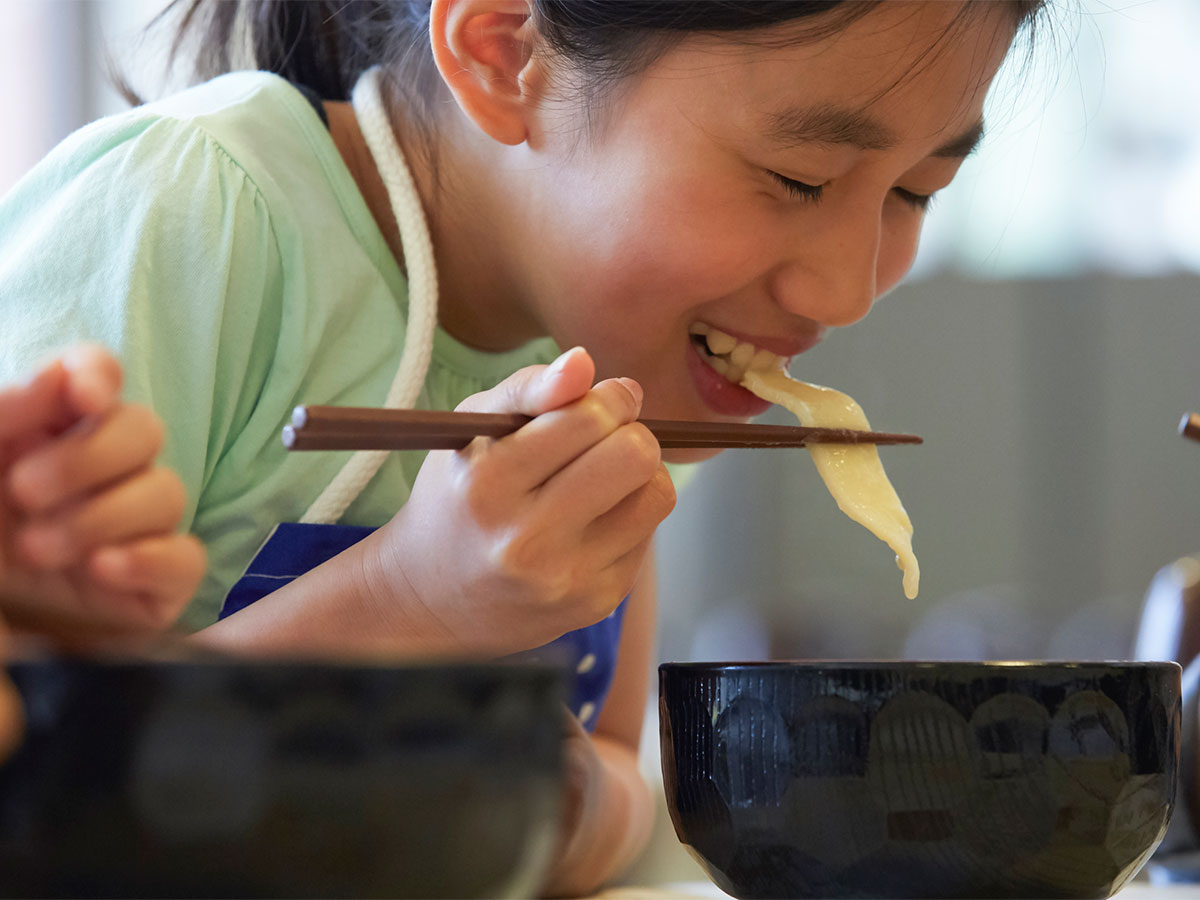
© Sinsiarge Co., Ltd.
Japanese service turns 15,000 restaurants nationwide into food kitchens for needy kids
- Tags:
- child poverty / children's food kitchens / food kitchens / Kodohapi / needy children / SDGs
Related Article
-

Would-be-wasted apples upcycled into tasty autumn treat – Apple Cinnamon Ale
-

Japan to open ONEBIENT, a new retreat that blends automated technology and nature into sustainable villa
-

Peanuts collaborate with 11 brands on sustainable eco-bag collection in Japan
-

Japanese craft gin from Iki Island cuts food loss using oft-wasted parts of local fruits & veggies
-

Unique Othello boards from traditional Japanese paulownia box maker use reclaimed wood waste
-

Japanese project fuses art and Braille blocks to “create new paths” for the visually impaired


In recent years, child poverty has become a major social issue in Japan. In response, the number of Children's Food Kitchens, known in Japanese as 子供食堂 kodomo shokudō, has been growing nationwide.
Through initiatives by local residents and local governments, kodomo shokudō provide free or low-cost hot meals to children, as well as a place for local residents to communicate and socialize.
While these efforts are expanding, there is still a lack of support. This is why a new project was launched.
Kodomo shokudō all over Japan: A nationwide collaboration of restaurants
On March 4th, 2021, Sinsiarge Co., Ltd., which operates a welfare service called dokodemo shashoku & gakushoku allowing companies and schools to use nearby restaurants as cafeterias, launched a new project geared specifically at needy children.
© Sinsiarge Co., Ltd.
Named "Kodohapi," a portmanteau of kodomo and "happy," the project taps the company's existing network of 15,000 restaurants currently participating in the dokodemo shashoku & gakushoku service to provide children's food kitchens to needy children throughout the country.
In addition, they will be partnering with instructors from all over the country to offer Kodomo gakushū (learning for children) to support children's educational needs with content such as online drawing classes, music classes, and sports classes.
© Sinsiarge Co., Ltd.
In the chart above, Kodohapi (center) makes arrangements for kodomo shokudō and Kodomo gakushū (top). Companies (left) are sponsors, while elementary schools, pediatric hospitals and children's centers (right) are collaborators. Finally, Kodohapi accepts applications and makes information about their services available to children (bottom) who are eligible to benefit.
How to use Kodohapi?
If you check the Kodohapi website or their Twitter account, you will be able to find out where and when children's food kitchens are being held.
There may be a limit to the number of people who can use the service, so you will need to apply by filling out an application form.
The importance of children's food kitchens will continue to grow in the future, as the number of layoffs and suspensions of employment is increasing due to the novel coronavirus infection.
Hopefully, efforts like these will help needy children weather these difficult times.